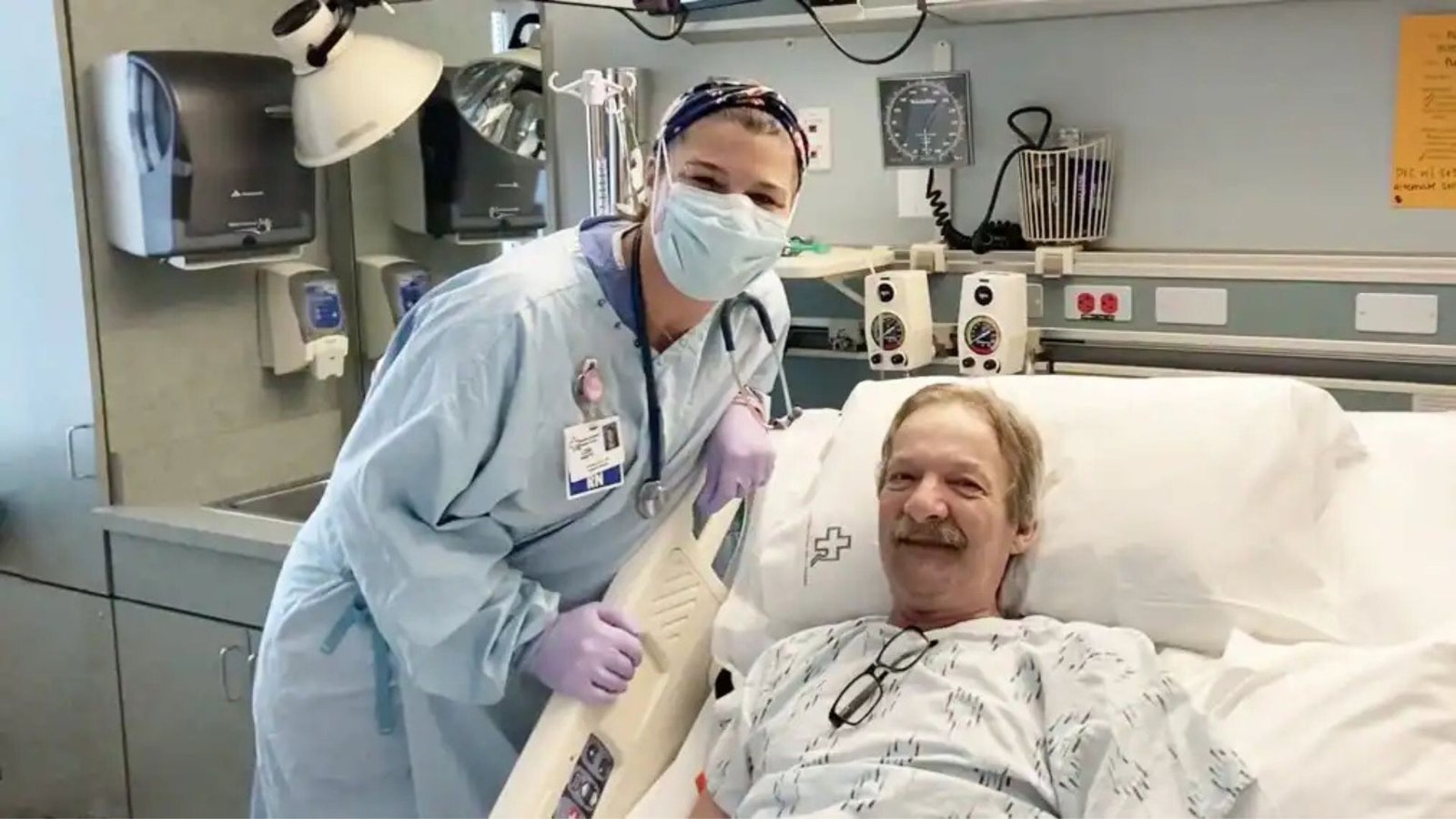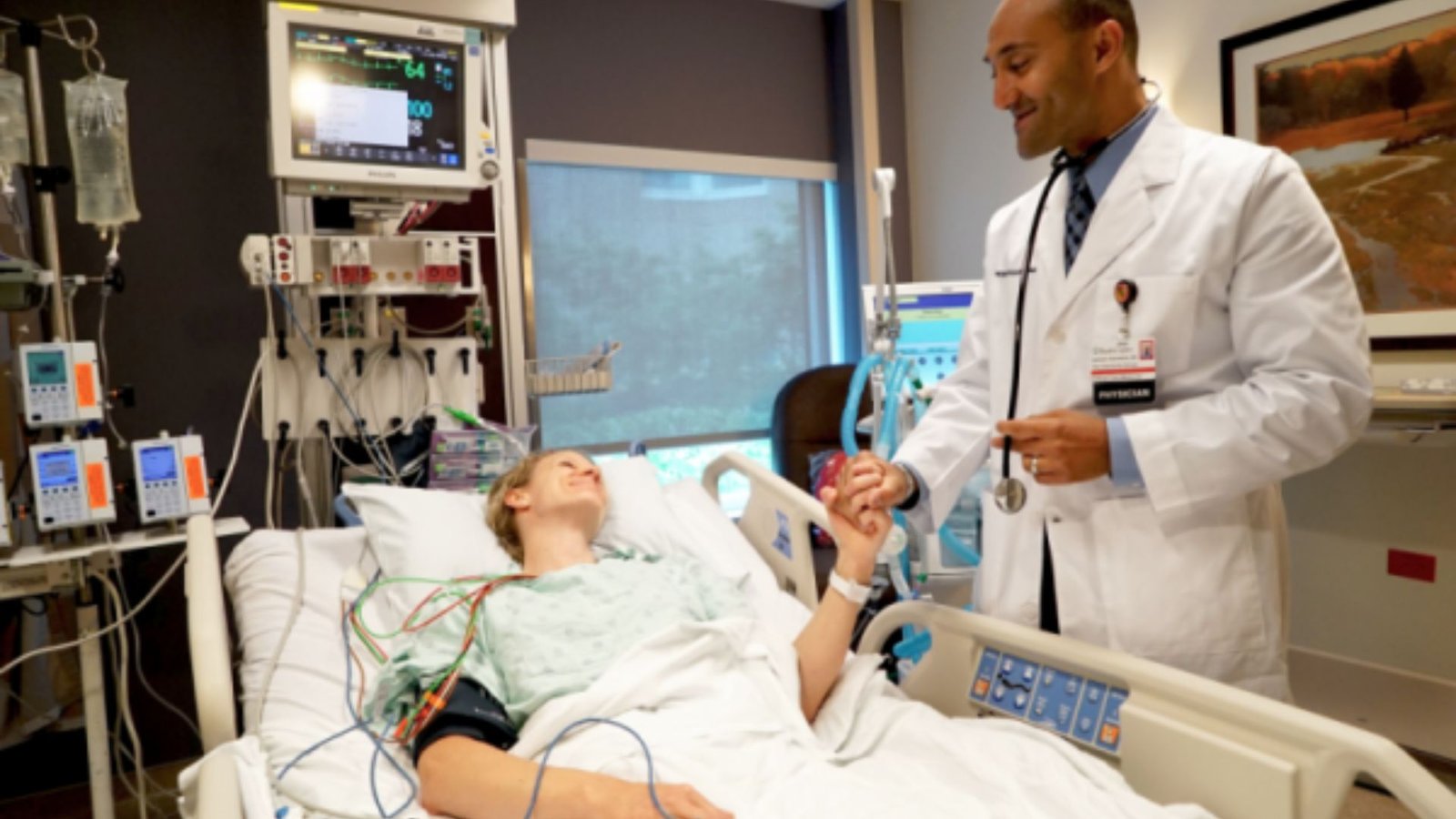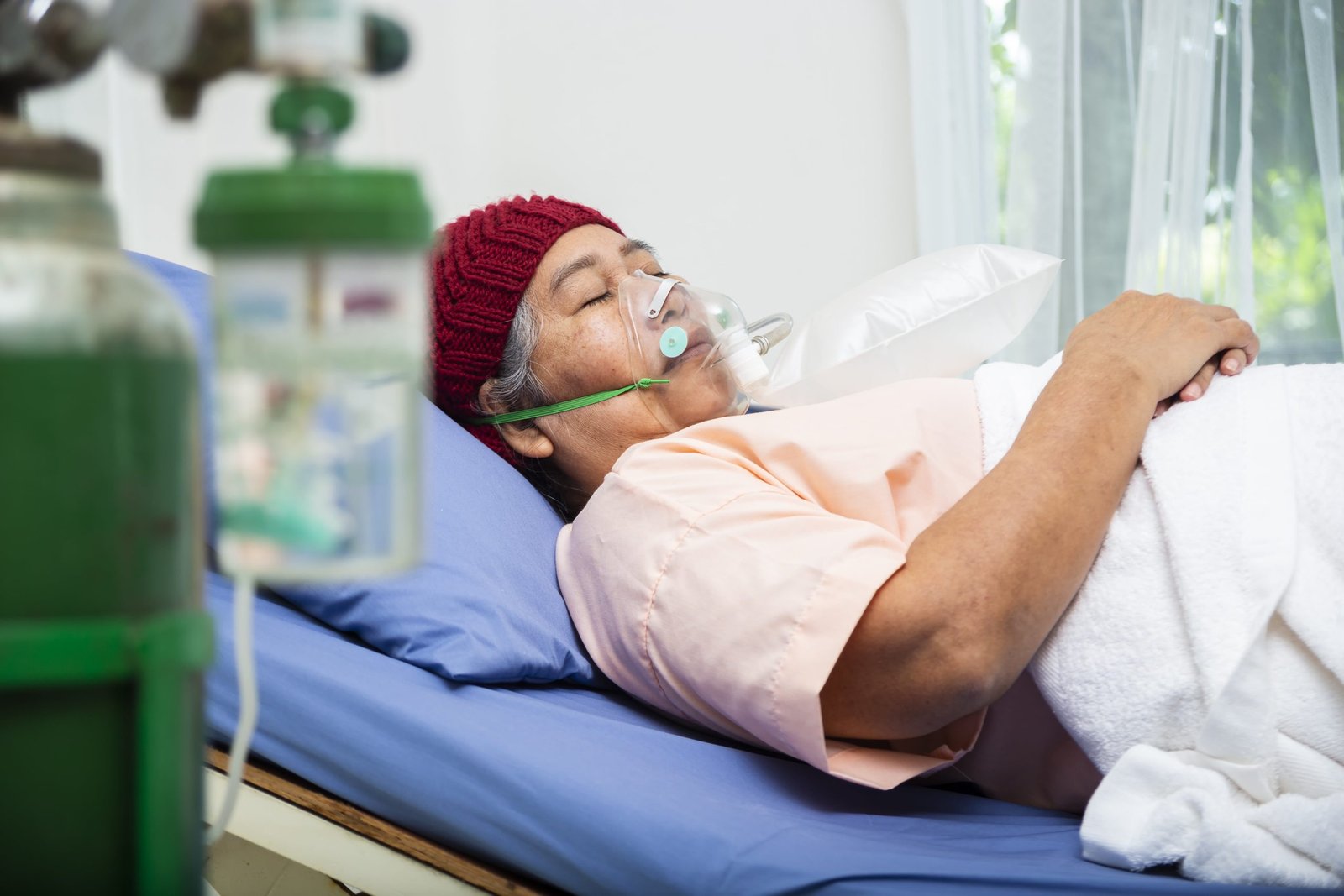When patients experience life-threatening conditions, ICU care becomes a critical part of their recovery. The intensive care unit (ICU) is designed to provide continuous monitoring, advanced treatments, and immediate interventions to improve the chances of survival. ICU care involves a team of specialists working together to support patients through their most challenging times. In this article, we’ll explore how ICU care improves survival rates by focusing on key treatments, technologies, and strategies that help save lives.

1. Continuous Monitoring and Early Detection of Issues
One of the primary ways ICU care improves survival rates is through constant monitoring of a patient’s vital signs. In the ICU, patients are monitored 24/7 using advanced technologies that track important health metrics such as:
- Heart rate and blood pressure: ICU teams use machines to keep a close watch on the heart’s function and the patient’s blood pressure. This allows immediate action if the patient’s heart rate becomes too high or low.
- Oxygen levels: Monitoring oxygen levels in the blood is essential for patients who have respiratory issues or are on ventilators. This helps healthcare providers ensure the patient gets enough oxygen to vital organs.
- Temperature and respiration: ICU care also involves tracking the patient’s body temperature and breathing patterns to detect early signs of infection or respiratory failure.
By continuously monitoring these vital signs, healthcare teams can detect problems early and intervene before issues escalate, significantly increasing the chances of survival.
2. Life-Saving Treatments and Interventions
ICU care improves survival rates by offering immediate, life-saving treatments that stabilize critically ill patients. Some of these treatments include:
- Mechanical ventilation: For patients with severe respiratory failure, a ventilator can be used to assist with breathing. This ensures the patient receives adequate oxygen while their lungs recover.
- Dialysis: For patients experiencing kidney failure, dialysis helps remove waste and excess fluid from the body. Dialysis supports the kidneys while they recover, preventing dangerous imbalances in the body.
- Vasopressors: These medications help raise blood pressure in patients whose circulatory systems are failing. By increasing blood pressure, vasopressors ensure that vital organs receive the blood flow they need to function.
These life-saving treatments are only possible in the ICU, where advanced equipment and specialized care are available around the clock. Without these interventions, survival rates for critically ill patients would be much lower.
3. Specialized Care Teams with Expertise
Another critical factor in how ICU care improves survival rates is the presence of specialized care teams. These teams consist of doctors, nurses, and other healthcare professionals who work together to provide expert care. Each team member plays an important role in the patient’s recovery:
- Intensivists (ICU doctors): These highly trained doctors specialize in critical care medicine. They assess the patient’s condition, adjust treatment plans, and coordinate the overall care strategy.
- Critical care nurses: Nurses in the ICU monitor patients closely, administer medications, and assist with procedures. Their expertise and constant presence ensure that patients receive the highest level of care.
- Respiratory therapists: For patients with breathing problems, respiratory therapists manage ventilator support and ensure that oxygen levels are maintained.
- Pharmacists: ICU pharmacists work with doctors to ensure patients receive the right medications in the proper dosages. They monitor for potential drug interactions and side effects.
By having a specialized team of professionals dedicated to the patient’s care, ICU units can respond quickly and effectively to any changes in the patient’s condition, improving survival outcomes.
4. Timely Interventions to Prevent Complications
The ICU’s ability to intervene quickly in critical situations is another key reason ICU care improves survival rates. For example, if a patient develops an infection, ICU staff can administer antibiotics promptly. If the patient experiences complications like sepsis or organ failure, immediate interventions can prevent further deterioration. Some interventions include:
- Antibiotics: For infections that can worsen the patient’s condition, early antibiotic administration is crucial. Timely treatment can prevent infections from spreading and causing life-threatening complications.
- Blood transfusions: If the patient experiences blood loss or low hemoglobin levels, blood transfusions can help restore oxygen-carrying capacity and stabilize the patient’s condition.
- Nutritional support: In critical care, patients may not be able to eat on their own. ICU teams provide nutritional support through feeding tubes or intravenous nutrition to maintain energy levels and promote recovery.
These timely interventions help prevent complications that could lead to organ failure or death, increasing the likelihood of a positive outcome.
5. Advanced Technology and Equipment
ICU care improves survival rates largely because of the advanced technology and medical equipment available. The ICU is equipped with cutting-edge tools that allow healthcare providers to monitor and treat patients more effectively. Some examples include:
- Patient monitoring systems: These systems track a variety of health metrics, such as heart rate, oxygen saturation, blood pressure, and respiratory rate. This data is displayed in real-time, giving doctors and nurses a comprehensive view of the patient’s condition.
- Ventilators: Mechanical ventilators are crucial for patients with severe respiratory problems, providing artificial ventilation and ensuring proper oxygenation.
- Infusion pumps: These pumps deliver fluids, medications, and nutrition to the patient in a controlled manner, ensuring the correct dosage is administered at the right time.
- Dialysis machines: For patients with kidney failure, dialysis machines help filter waste from the blood when the kidneys are no longer functioning properly.
These technologies enable ICU teams to offer precise, effective care, which significantly improves the patient’s chances of survival.
6. Psychological Support and Emotional Care
While physical care is critical in the ICU, psychological support is also important for improving survival rates. ICU patients often experience anxiety, confusion, or stress due to their medical conditions and treatments. Addressing the emotional well-being of patients can aid in their recovery. ICU care teams often provide:
- Sedation and pain management: ICU staff ensure that patients are comfortable, minimizing pain and distress while they recover.
- Psychological counseling: Some patients may experience emotional challenges after an ICU stay. Offering counseling services or mental health support helps patients cope with the trauma of being critically ill.
- Family support: ICU staff communicate closely with families to provide emotional support and explain the patient’s condition, which can help reduce anxiety for both patients and families.
By providing emotional care alongside medical treatment, ICU teams help patients stay positive and focused on recovery, which can improve survival outcomes.
Conclusion
In summary, ICU care improves survival rates by providing continuous monitoring, life-saving treatments, and expert interventions. The ICU offers a highly specialized environment where medical teams can respond quickly to critical conditions, providing support that is not available in general hospital wards. With advanced technology, timely interventions, and expert care, ICU patients have a much higher chance of survival and recovery. ICU teams not only focus on physical healing but also address the emotional needs of patients, further enhancing the chances of a positive outcome. Thanks to these comprehensive approaches, ICU care plays a vital role in saving lives.











